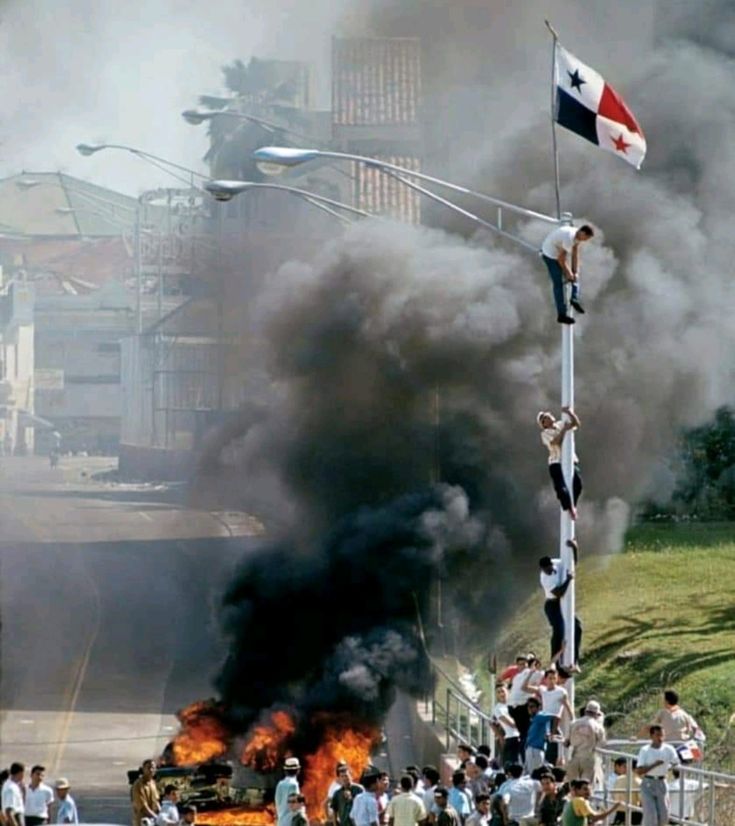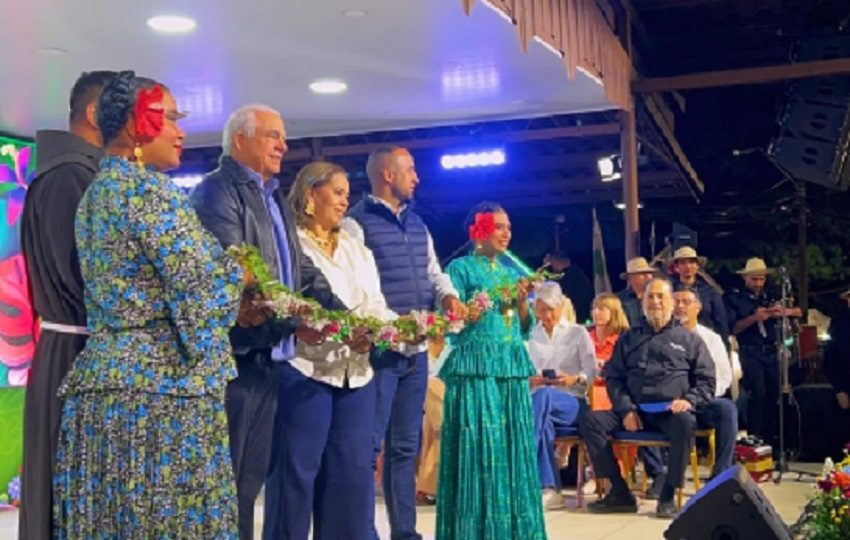Venezuelans in Panama have invested $1.8 billion

The 144,000 members of the Venezuelan community in Panama have invested $1.8 billion in the country says a”Study on the economic impact of Venezuelan migration in Panama.
It was prepared by the Chamber of Venezuelan Entrepreneurs and Executives Abroad (Cavex), the International Organization for Migration and the International Agency for Swedish Cooperation and Development, and released Wednesday.
Its aim is to break with the myth that Venezuelans are a burden to the State, and, to persuade the Panamanian authorities to achieve more agile migration channels that can boost investment, create jobs and contribute to the economy.
Venezuelans believe the immigration policy used by the government is simplistic and generalized, which becomes an obstacle when opening a company.
Orlando Soto, president of Cavex, is ready to sit down and talk with Samira Gozaine, director of Migration, to put the numbers and factors that prevent economic growth in Panama on the table and detail what, according to the results of the study, discourages foreign investment. He believes in the need to establish immigration flexibility that allows transnational companies to expedite visas for specialized and family professions
He compares it with other places that have opted for a massive regularization of Venezuelans that allowed their insertion into economic life, such as Colombia, the Dominican Republic, and Peru, where it is possible to pay taxes, create jobs, and contribute to society.
“It is to generate expedient ways to give temporary visas to Venezuelans, in a way that is not so expensive, restrictive, and slow,” said David Licheri, director of Equilibrium, the company that conducted the survey
DISINCENTIVES
This type of migratory obstacle, Licheri added, “disincentives new capital interested in investing in Panama because the word spreads, that although tax incentives and the monetary structure benefit investment, immigration policies do not accompany it. In the Ministry of Commerce, there are several sections for different investment processes to which businessmen can apply, which allows the entry of executives to carry out specific tasks. “This can translate into the regularization of a technician, for example, who is granted a transient visa to work,” said a source from Migration. A “temporary status for illegals” is being studied. Panama is ahead of its competition due to its economy and financial system, but the other countries in the region are creating ways to facilitate migration, and have changed their immigration conditions because they recognize that it is an unusual phenomenon and requires attention. The study reveals that 49% of Venezuelans in Panama have a higher education that includes undergraduate studies, master’s degrees, and doctorates. While 64.7% have technical training.





